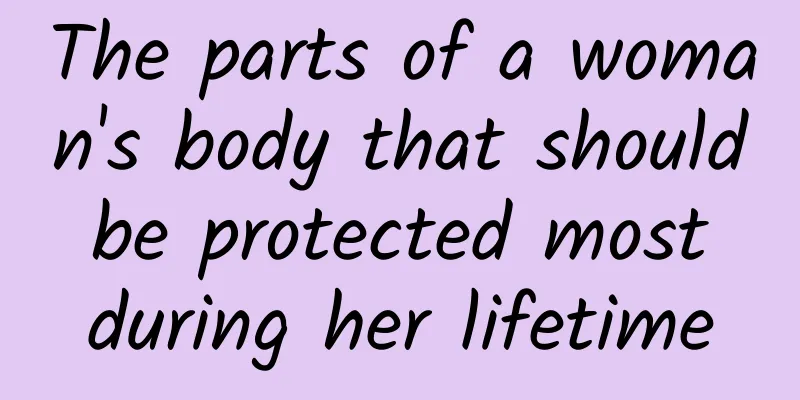Does a faster heart rate increase blood pressure?

|
Many people associate heart rate with blood pressure, thinking that there is a direct connection between the two. In fact, this is not the case. The two will only affect each other under specific circumstances. In most cases, the phenomenon of increased heart rate and increased blood pressure will not occur. This special situation is what patients with hypertension need to pay attention to. This article introduces the details of this aspect. If you don’t understand it, you can take a closer look. We should look at this issue in this way. First of all, under normal circumstances, heart rate and blood pressure are two different physiological indicators and have no direct connection. Only under special circumstances will the two affect each other. There are three main factors that affect blood pressure: the output of the heart each time it contracts, the total volume of blood, and the resistance of blood vessels to blood flow, which has nothing to do with heart rate. Under normal circumstances, a person's heart rate is between 60 and 100 beats per minute. If the heart rhythm is normal within this range, it will not affect blood pressure, let alone cause hypertension. We know that our heart rate will increase during daily exercise so that the heart can pump more blood to meet the needs of the body, but at the same time, the blood flow rate will also increase, so the blood pressure will not change much. However, when suffering from certain diseases, such as arteriosclerosis, the increased heart rate will cause the blood pressure to rise, and the increase in diastolic blood pressure is more obvious. But if it is the other way around, that is, for patients with hypertension, there are requirements for the speed of the heart rate, because the speed of the heart rate of patients with hypertension is an influencing factor for the occurrence of cardiovascular and cerebrovascular diseases. Studies have shown that: For patients with hypertension whose heart rate is greater than 84 beats/minute at rest, the risk of coronary heart disease is 1 times higher than that of patients with a heart rate of less than 65 beats/minute; for patients with hypertension whose heart rate is greater than 79 beats/minute, the risk of death is 89% higher than that of patients with a heart rate of less than 79 beats/minute. Therefore, patients with hypertension should pay attention to their heart rate, especially when they have coronary heart disease: when the heart rate is greater than 70 beats/minute in a resting state, measures should be taken to intervene and treat the disease, and the treatment goal is 55-60 beats/minute. |
<<: Does a fever increase your heart rate?
>>: Heartbeat suddenly speeds up
Recommend
How to use moxibustion therapy to treat colds
Maybe many of my friends have not heard that moxi...
Four TCM tips to help you eliminate kidney toxins
The kidneys are important organs in the human bod...
How to quickly eliminate flatulence
Gastrointestinal gas generally refers to intestin...
There is a hard lump under the chest
We all know that women's breasts are particul...
How to whiten your feet, so you can have white feet
In the hot summer, many people like to wear sanda...
Stomach bloating before and after meals
Bloating is the most common form of stomach disea...
Postpartum sweating is particularly easy
After giving birth, women need a long time to rec...
Functions and effects of vitamin B6
Vitamin B6 is also a member of the vitamin B fami...
What to do if you have back pain from sitting for a long time
People who sit for long periods of time will find...
What are the symptoms of cerebral cortical atrophy?
The most common cause of cerebral cortical atroph...
Is sweating after drinking water a sign of physical weakness?
When the weather is hot, some people find that th...
How do patients with cerebral infarction die quickly?
Nowadays, there are more and more patients with c...
I feel like my period is coming but it's not happening
If your period has not come when it should have, ...
Fracture of the base of the fifth metatarsal bone
Metatarsal fracture is a very common disease. Ext...
Pain in bent fingers when waking up from sleep
If you wake up from sleep and find that your fing...









